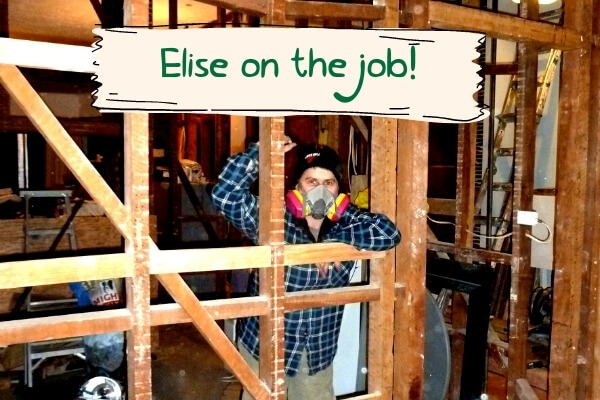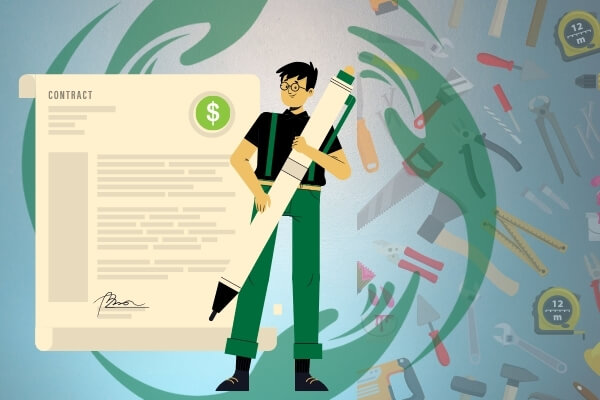When is a fixed price contract not a fixed price contract?
Often when we build a new house we sign a fixed price contract. This is great, it means we know what the total cost is going to be from the start – and we can approach the bank for lending with a solid figure. Sounds simple. Well here’s the thing – have you checked the small print? Many contracts will have a wee clause in there saying that if material prices go up, the client will pay the bill. So perhaps a fixed price contract isn’t really a fixed price contract after all.
There are many issues in the building/ housing industry at the moment: some long term, and some Covid related.
We need more houses, and it seems that we can’t build them fast enough. We have a labour shortage for the required qualified trades, so the Government has put in place initiatives to increase the number of people entering the trades. It will take some time for these people to complete their qualifications but in the meantime these new apprentices will at least be assisting with the labour requirements.
Here is the bigger issue. Materials!! Many manufacturers both nationally and internationally have been affected by the pandemic. Some suppliers have gone out of business, and many have had their ability to produce products reduced for a number of factors. Getting products and materials in from overseas has been affected by the shipping challenges. And then NZ went into another lockdown. Yes, it is great that we are being kept safe and awesome that most of NZ has moved to Level 2, but there are definitely some consequences in terms of supply and the availability of materials in the near future!
There has been a bit of media coverage about the material shortages and the reality that many builds are at risk of being stalled as they run out of the materials needed to continue the projects. What is yet to hit the media is the fact that since the pandemic hit in 2020, many build contracts now include some fine print to account for lockdowns and the unavailability of products. The wording can be about permitting extended timelines if there is another lockdown or delivery delays, but some of the fine print also allows for fixed price contracts to have the price changed!! How can this be a fixed price contract then you say? The price is fixed at the time of signing but has a wee clause that says if the cost of the materials increases these costs will be passed on to the client. So suddenly a fixed price is no longer fixed. This is a problem! You get your finance based on the fixed price and Lenders love a fixed price! The banks permit a certain increase based on variations but not normally for material price increases. So – that is your problem as the purchaser. Getting finance could become trickier as the Lenders will be looking closely at these clauses.
Think about it from the perspective of the builder / developer. They need to provide a price to the client based on the known costs for the build and what they can get the materials for. Unless they purchase all the materials immediately on signing the contract the risk is with the developer to be able to source the materials at the budgeted price as the project progresses. Should they buy all the materials upfront, they will need to store the materials which adds further cost to the project for them. Also it puts them in a difficult position if the client changes their mind about something (such as a cladding material, or the type of tap wear they want!) if the materials have already been purchased. To avoid being out of pocket, the builders/developers will need to put the extra “fudge factor” on the material costs to cover price increases in materials as the project progresses. If the developers don’t make a profit then they won’t stay in business and the risk of them not completing projects increases if they are forced to suck up the price increases. It makes sense that they want something in the contract to reduce the risk to them. It’s a massive issue, with some materials reportedly increasing in price more in the last month than they had in the previous year.
So to sum up – it is a problem for us all. Builders, developers, purchasers, and the lenders. This also has implications for the insurance for your property. All we can say is check your contract thoroughly, know what the implications might be for you, and plan accordingly. Lenders will be requiring more wiggle room in terms of servicing, so make sure that you have all your numbers done before seeking lending. Have a chat to us about how to make the best of your situation. We’re here to help, and it’s worth noting that Elise has lots of experience with building as well as buying!


